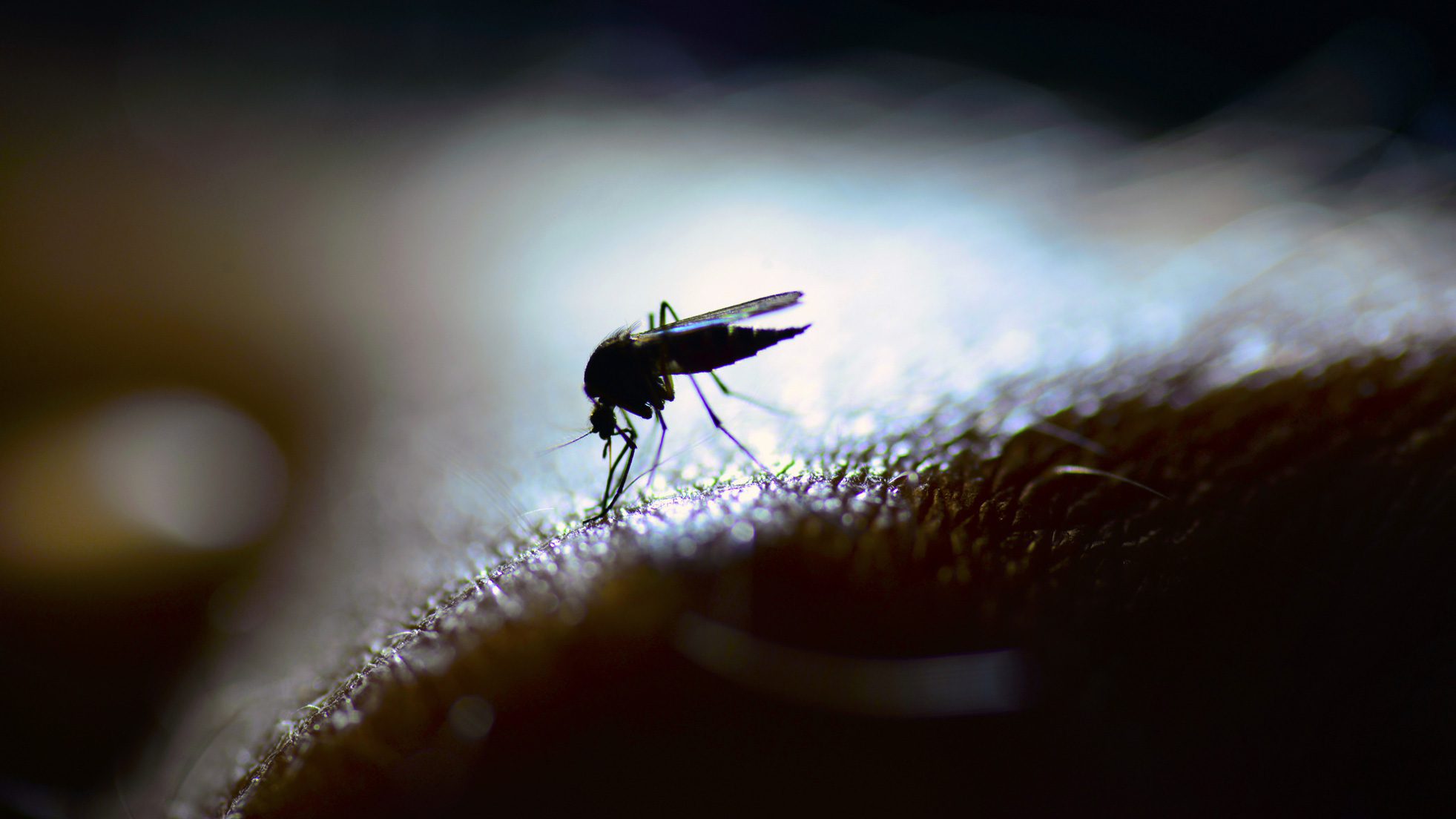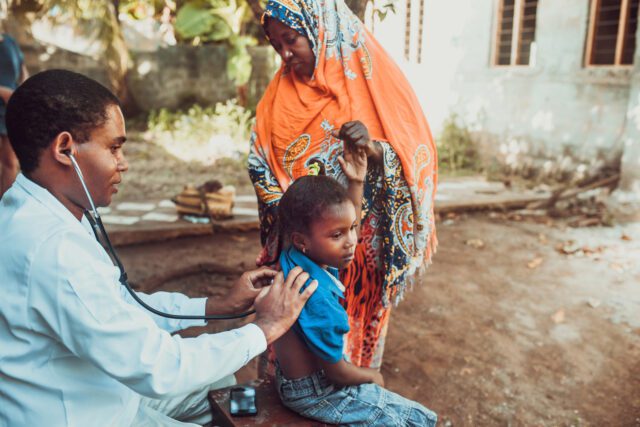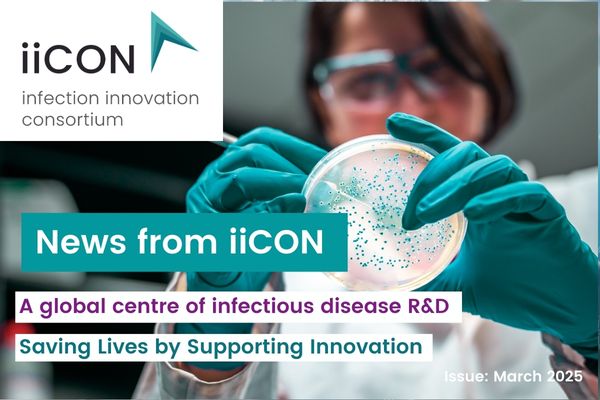- Join the Innovation Journey
- Our Platforms

Platform 7: Randomised Control Trials
In many low and middle income country settings, vector control products often need to be on a WHO recommended list before donors will make large scale purchases. This requires at least two epidemiological impact randomised control trials, which are inevitably time-consuming and usually limited in geographical scale. Pathways to implement trials in a more streamlined manner, which can improve the evidence base for newer products, could greatly assist the decision-making process for policy makers and procurers in order to expedite product roll-out.
iiCON is pioneering model systems to embed cluster-randomised control trials into large-scale operational programmes, through which it can be demonstrated whether newer products outperform those currently recommended, as well as expanding the reach of trials to new geographies and transmission settings. By reducing the cost and complexity of these operationally-embedded trials and providing key data-led-insight to a broad range of organisations including non-governmental organisations, governments, and non-profit organisations, iiCON provides expertise to support and inform global health policy decisions.
Led by an expert team at Liverpool School of Tropical Medicine, and partners in Democratic Republic of Congo and Uganda, this platform provides robust data to inform global health policy and supports and enables market access, helping to protect communities from diseases including malaria.
This work is already helping to protect communities and save lives by advancing innovative interventions.
For more information or to learn how your business can engage with this platform.






Platform Lead
Dr David Weetman
Reader, Liverpool School of Tropical Medicine
Dr Weetman graduated in Zoology (BSc) from the University of Newcastle-upon-Tyne and in Ecology (MSc) from The University of Wales, Bangor. His PhD at The University of Liverpool was followed by postdoctoral positions in the Molecular Ecology and Fisheries Genetics Group at the University of Hull.
Read more

